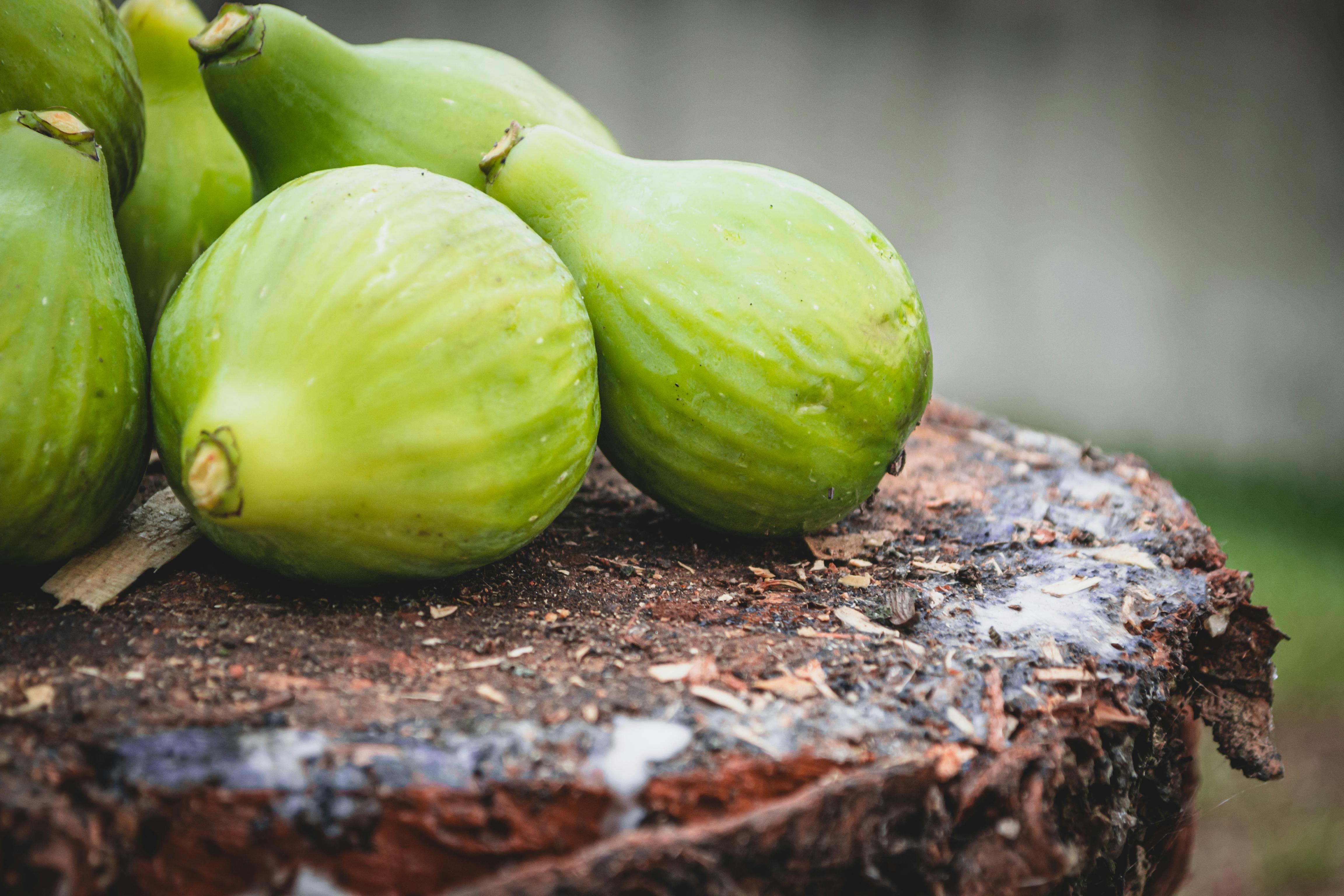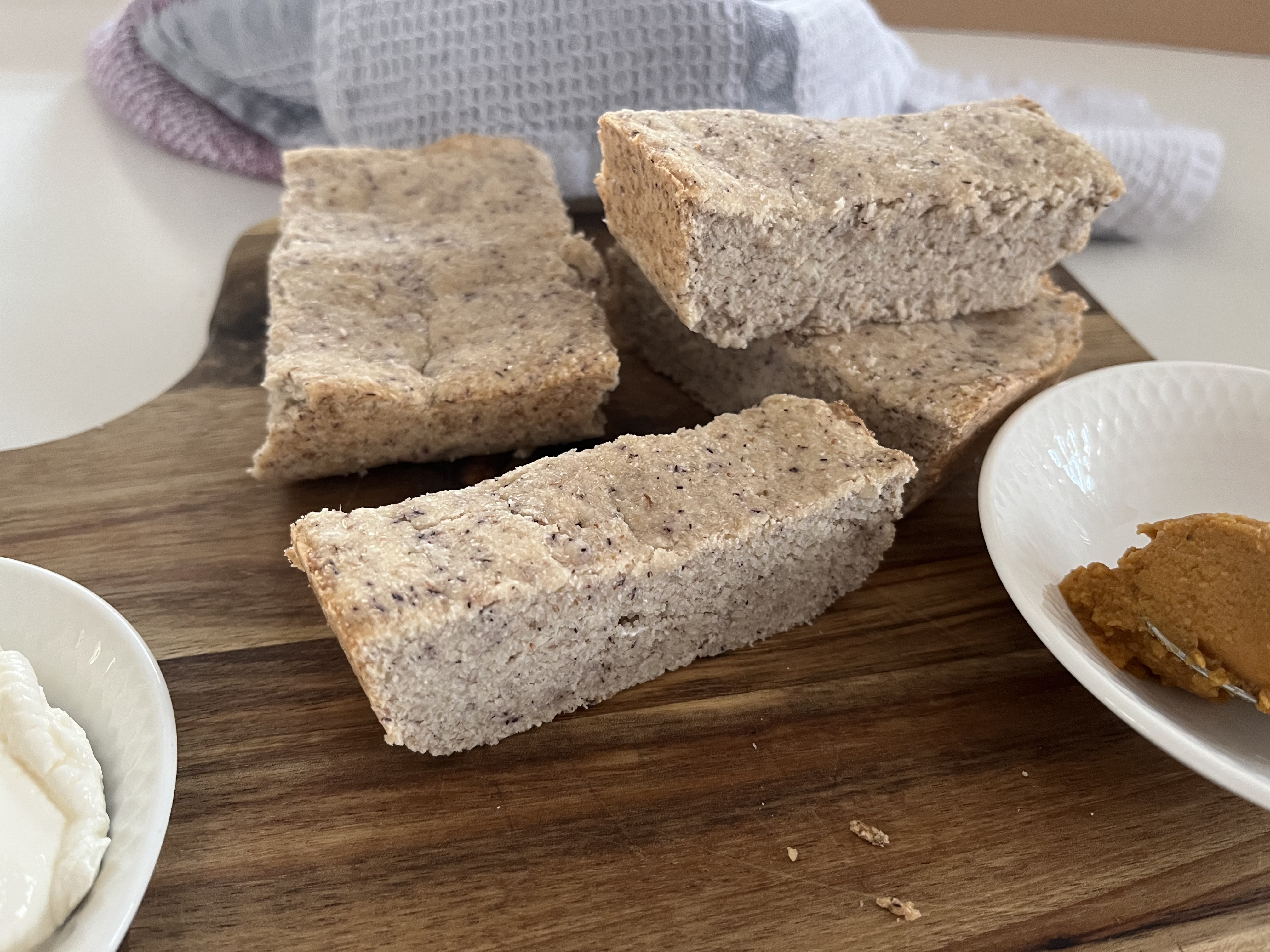 |
Nature’s Dessert Cookbook: Healthy, Delicious & Naturally Sweet Recipes Don’t want or can’t tolerate sugar alcohols and artificial sweeteners? This cookbook is for you! Every dessert is naturally sweetened with whole ingredients rich in fiber and protein, slowing sugar absorption and making them diabetic-friendly. It gathers your favorite recipes from the website—plus brand-new ones—all in one convenient place. Indulge in truly natural treats without compromise! |
 |
Diabetic Baked Goods: Everyday Bakes for Every Meal Diabetic cookbook designed to make healthy baking simple, accessible, and enjoyable. This collection of low-carb, high-fiber, and protein-rich recipes provides a reliable solution for those looking to enjoy diabetic bread and baked goods without blood sugar spikes. Every recipe includes a video tutorial, making it even easier to follow along and bake with confidence! |
 |
What Makes This Cookbook Different?
|
Dates and Diabetes: Sweetness in Balance
Let’s discuss the relationship between dates and diabetes.
Dates are often underestimated ingredient that offers a naturally sweet alternative without causing those dreaded blood sugar spikes. So we’ll take a closer look on their nutritional profile, health benefits, and cautions for those with diabetes.
At first glance, one might think that dates, being so sweet, would be unsuitable for diabetics.
However, their high fiber content can actually help reduce the speed at which sugar is absorbed into the bloodstream, leading to a gentler rise in blood sugar levels compared to sugary alternatives. This makes dates an appealing ingredient for those seeking a balance between indulgence and health, a quest many diabetic families are on.

Nutritional Powerhouse: The Benefits of Dates for Health and Diabetes
Nutrition-wise, dates are more than just a sugary fruit. They pack a considerable nutritional punch: rich in dietary fiber, vitamins like B6, and minerals such as potassium, magnesium, and copper. These nutrients contribute to the health benefits of dates, from improved digestion to better heart health. For diabetics, the fiber content is crucial as it aids in managing blood sugar levels, making dates a more favorable option than refined sugars.
Dates contain both soluble and insoluble fiber. Soluble fiber helps regulate blood sugar levels and improves digestive health, while insoluble fiber can prevent constipation. This dual action makes dates an excellent addition to the diet, especially when managing diabetes, as they can contribute to overall digestive wellness.
They also boast impressive antioxidant properties. Antioxidants help protect your cells from free radicals, potentially reducing inflammation and preventing chronic diseases. This makes dates not only a tasty addition to desserts but also a health-supportive one, something any mother or individual managing diabetes will appreciate.1
When discussing the benefits of dates, it's essential to highlight their role as a natural sweetener in desserts. For those trying to avoid artificial and other sweeteners, dates can provide the necessary sweetness without the need for additional sugar. This is especially beneficial for diabetics, who must be mindful of their sugar intake to prevent spikes in blood glucose levels and intake of others sweeteners like alcohol sugars because of their side effects.
Sweet Success: My Experience with Dates and Diabetes
With their rich, caramel-like flavor, dates can transform simple ingredients into a delightful dessert experience. They pair well with nuts, cocoa, and whole grains, allowing for a variety of desserts that are both nutritious and satisfying. Whether blended into a paste to add moisture to cake batters or chopped into pieces for texture in cookies, dates and diabetes really go together.
The joy of using dates is not only their sweetening power but also the complexity they add to the flavor profile of desserts. Their natural richness can enhance the overall taste, making simple dishes much more appealing.
Personally, I find the combination of dates and carob powder absolutely delightful. These two naturally sweet and aromatic ingredients blend seamlessly in various desserts, such as cakes and cookies, without either overpowering the other. The result is often a flavor reminiscent of chocolate. Dates add incredible moistness to cakes, making fatty ingredients largely unnecessary. That same moistness works beautifully in cookies, leaving them wonderfully soft and flavorful inside.
It goes without saying that this approach significantly boosts the nutritional value of desserts. With carefully selected additional ingredients, these treats truly become "nutri-treats" that consistently impress with their taste.
It's crucial to note that although dates are beneficial, they should be integrated into a well-rounded diet. Pairing them with protein or healthy fats, such as nuts or seeds, can help slow carbohydrate absorption, further stabilizing blood sugar levels. This approach encourages balance, ensuring that those with diabetes can enjoy dates as part of a healthy lifestyle.
In short, from personal experience, using dates as a sweetener in desserts has been a positive experience. Knowing that they don’t cause rapid blood sugar spikes2 has given me peace of mind and the creative freedom to experiment with healthier dessert options.

Crafting desserts for my diabetic son initially posed a significant challenge. However, dates provided a natural sweetness, allowing me to eliminate other sweeteners completely in many desserts because I try to limit their use as a precaution, but also because they only provide sweetness and no nutritional value.
By blending dates with a bit of water to create a smooth paste, the natural sweetness infuses the entire dessert, making it rich and delicious.
Dates can also be a versatile ingredient beyond desserts. They can be added to smoothies, oatmeal, or energy bars, providing natural sweetness and nutritional benefits while keeping sugar intake low. This versatility allows for creative exploration in the kitchen, opening up a world of options for those adhering to a diabetes-friendly diet.
Proceed with Caution: Understanding How Dates Affect Your Blood Sugar
Despite their many benefits, it's important to exercise caution when incorporating dates into a diabetic diet. While they have a lower glycemic index than many refined sugars, they are still a source of carbohydrates and should be consumed in moderation.3 Monitoring portion sizes and balancing their intake with other low-carb foods is essential for maintaining stable blood sugar levels.
When buying dates, it's paramount to choose unsweetened, unprocessed versions to avoid added sugars. Many commercially available dates are coated with additional sugars, which can negate their health benefits for diabetics. Always check the label to ensure you're getting the most natural product possible.
As with any dietary change, especially in managing a condition like diabetes, it's wise to consult with a healthcare professional or a dietitian. They can provide personalized advice and guidance on integrating dates and other nutrients into your diet. This ensures that your dietary choices align with your individual health goals.
It's also essential to listen to your body and observe how it responds to dates. Everyone's metabolism and dietary needs are unique, and what works for one person might not work for another. Keeping a food journal can help track your body's response and adjust portions and combinations accordingly so dates and diabetes can be friends.
Through careful integration, dates can serve as a delightful and healthful alternative to other sweeteners. They offer a warm, friendly invitation into healthier baking, infusing treats with both flavor and nutritional benefits without compromising the dietary needs of diabetics.
In conclusion, the journey of finding suitable dessert options for diabetics can lead to surprising discoveries. Dates, with their natural sweetness and impressive nutritional profile, present a promising option for creating delicious, diabetes-friendly treats. By understanding their benefits and potential cautions, you can confidently introduce them into your culinary repertoire.







